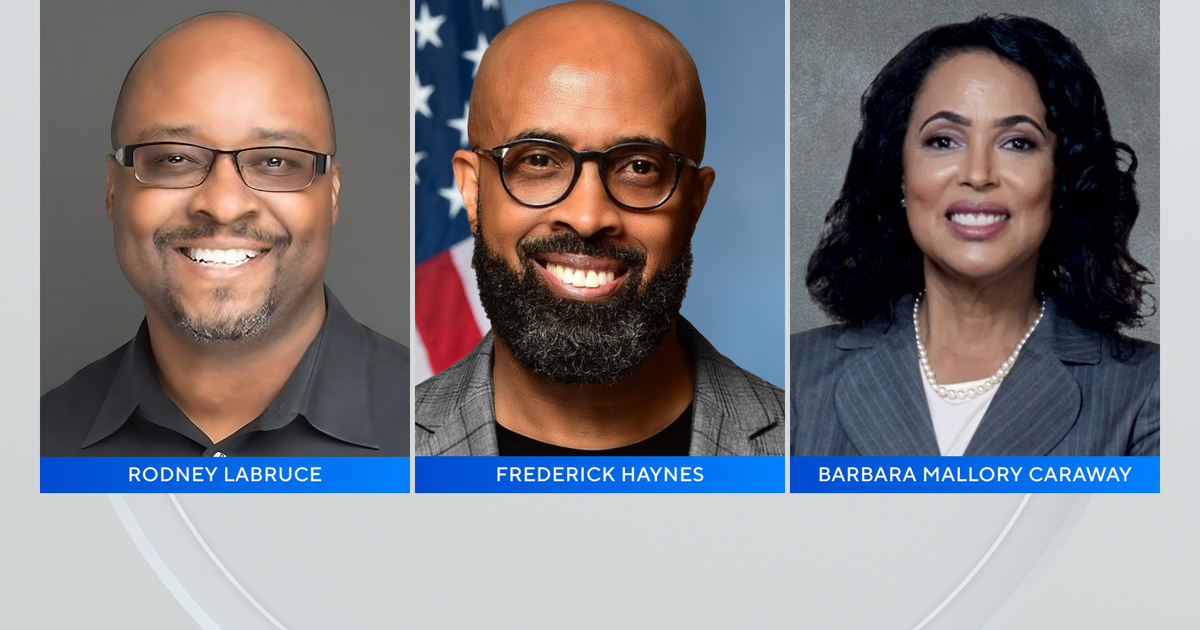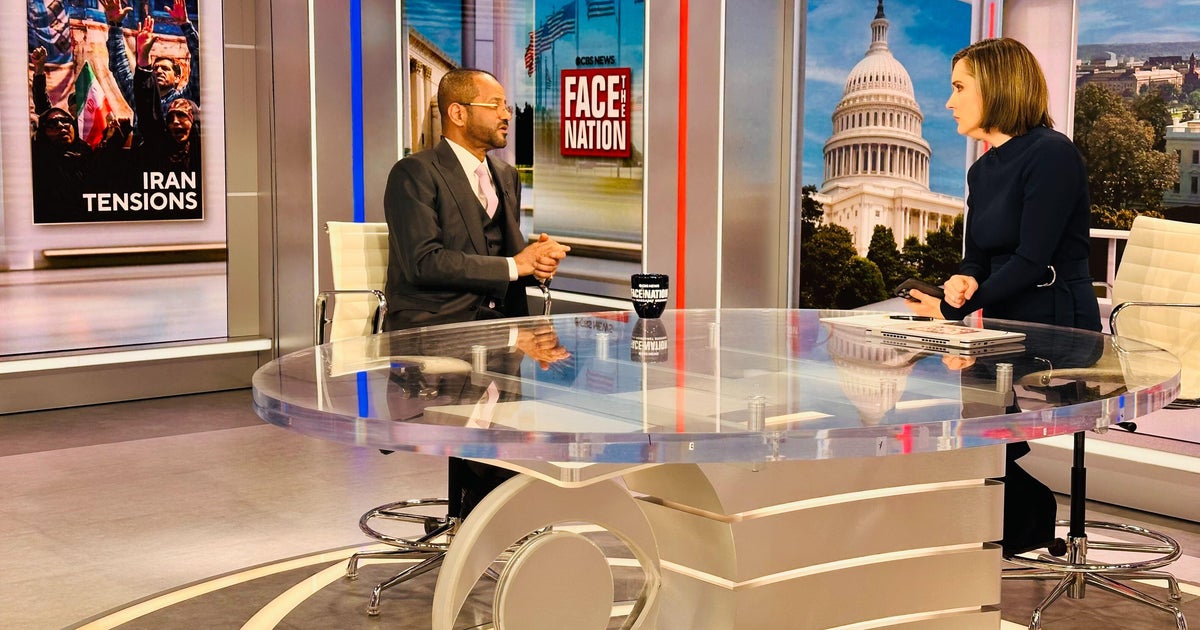Anita Dunn says control of the Senate "hugely consequential" for Biden agenda
Washington — Anita Dunn, a senior adviser to President Biden, said Sunday that Democrats' victory in the battle for control of the Senate in the midterm elections is "hugely consequential" for the success of Mr. Biden's agenda in his next two years in office.
"He believes that at the end of the day, there are going to be things that Republicans and Democrats can work on together as they did over the last two years," Dunn said in an interview with "Face the Nation," referring to the president. "Control of the Senate is hugely consequential both for judiciary nominations and appointments, the most diverse group of judicial nominations ever under the first two years of President Biden, but also for controlling the agenda in the U.S. Senate, and that means continued progress for the working families, middle class of this country."
While Republicans are in position to win a majority of House seats with a handful of races still unresolved, their majority is likely to be narrow. CBS News estimates Democrats hold a minimum of 210 seats, while the GOP holds at least 214, four seats short of the 218 needed for a majority.
In the Senate, however, Democrats were able to maintain their control of the upper chamber with Nevada Sen. Catherine Cortez Masto's projected victory over Republican challenger Adam Laxalt. Her projected win gives Democrats 50 seats in the next Congress, with Vice President Kamala Harris casting tie-breaking votes if needed. Democrats could widen their majority if Democratic incumbent Sen. Raphael Warnock defeats Republican Herschel Walker in next month's runoff election for the Senate in Georgia.
Confronting the likely possibility of a divided Congress come January, Mr. Biden told reporters Wednesday that he is ready to work with Republicans, and Dunn echoed that the White House believes Americans do not want partisan gridlock.
"He's going to reach out his hand to work with the Republicans, and the question is whether they will reach out their hand to his," she said. "Given these narrow majorities, obviously the Senate, Democrats will control. The House is still up in the air. Voters in this country are going to expect their leaders to work together."
But a Republican-led House is also poised to launch numerous investigations into the Biden administration, and GOP lawmakers have previewed probes targeting Hunter Biden, Mr. Biden's son, over his business dealings; Dr. Anthony Fauci, related to the origins of the COVID-19 pandemic; and Homeland Security Secretary Alejandro Mayorkas for his handling of border security.
Dunn said Republicans discussing these investigations and the potential impeachment of Mr. Biden or some of his Cabinet secretaries have not hidden the political motivations behind their efforts.
"The White House has and will continue to comply with fair and legitimate oversight because we are a White House that respects norms and the rule of law," she said. "But I think that the American people didn't vote for Congress being used to conduct political vendettas over the next two years. They voted for working together to make progress on the issues they care about. The president is going to be focused on the priorities of the American people."
Dunn continued: "We would hope that the Republicans who've just suffered a substantial defeat in terms of both their expectations and what historically midterm elections tend to do, would also listen to the American people, focus on the priorities of the American people."
Lawmakers will return to Washington to resume their work this week, and Dunn said "priority number one" for the Biden administration during the lame-duck session is passing a funding bill to keep federal agencies operating. Congress approved a stopgap measure in late September that maintained current funding levels through Dec. 16.
Other priorities include additional assistance to help Ukraine continue to fight back against Russia's aggression and emergency aid to help Florida and Puerto Rico rebuild after recent hurricanes, she added.
"It's going to take a little while still for lame-duck priorities to really be set, given the uncertainty about the outcomes of the elections still," Dunn said. "Last Sunday, when you were sitting in your chair and you had guests on, I don't think anybody would have predicted that we still would not know who would control the United States House of Representatives the following Sunday."



